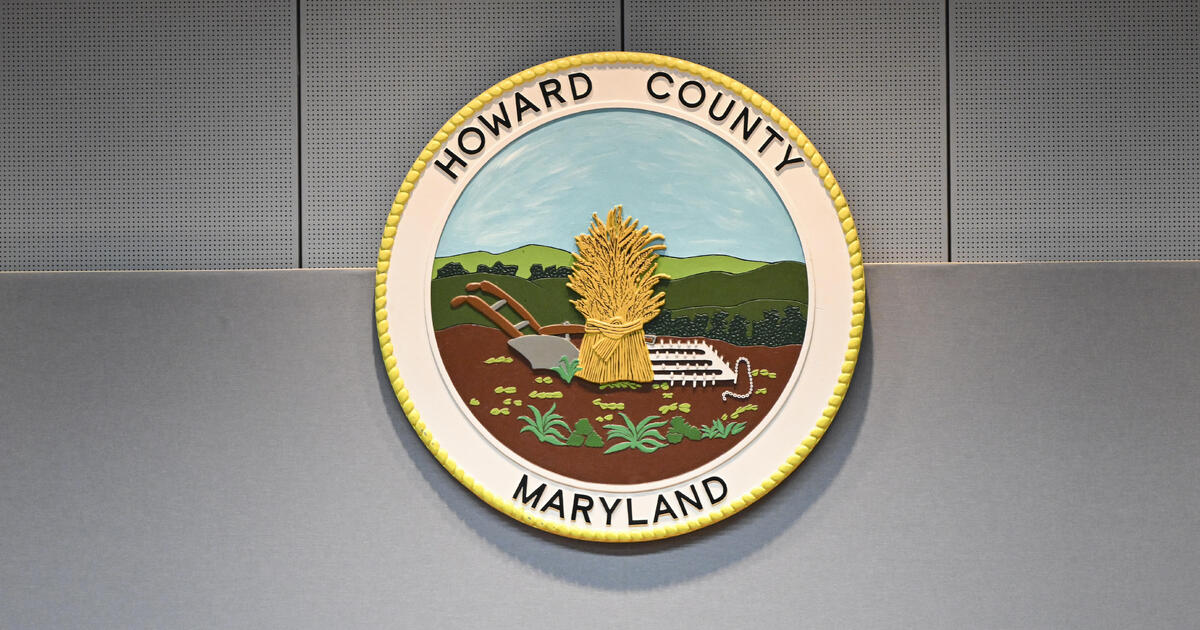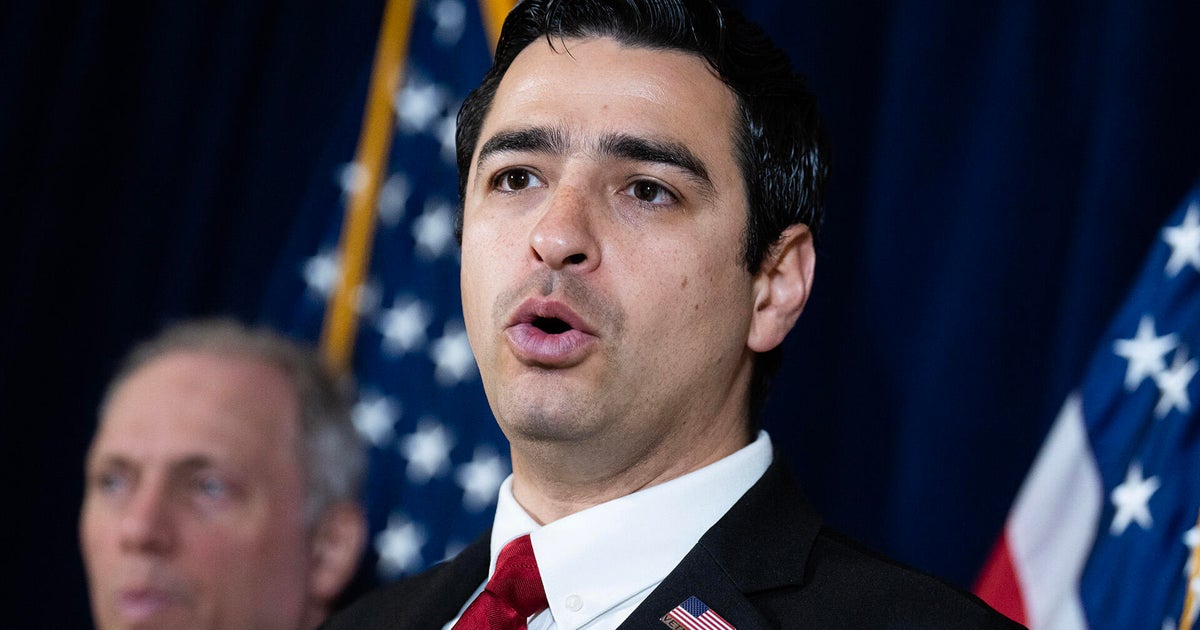Housing groups warn of "catastrophic" wave of evictions unless Congress extends federal ban
As congressional negotiators try to thrash out a second coronavirus relief bill, December 31 looms as an ominous deadline. It's the last day a federal order against evictions will protect renters who've fallen behind on their payments. Experts warn that letting the ban expire would be "catastrophic" both for people at risk of losing their home and for the war against COVID-19.
A number of state and federal eviction limits implemented over the summer have largely expired, Diane Yentel, president of the National Low-Income Housing Coalition, told CBSN. And if a broader order from the U.S. Centers for Disease Control and Prevention were to expire at the end of the year, it could leave millions of renters literally out in the cold.
"If the moratorium expires, there will be no protections left keeping them from being pushed out into the streets. If the federal government doesn't intervene, we're looking at the very real possibility of tens of millions of people losing their homes during this winter, during the height of COVID-19, and the consequences of that would be catastrophic," she said.
For now, a one-month extension of the ban is part of the stimulus package under debate in Congress, although at least one senator has questioned whether the extension is needed, the Washington Post reported. Housing groups are pressing to make sure that the extension remains in any relief agreement. About 1 in 5 renter households are currently behind on rent, according to Census Bureau figures.
Evictions linked to COVID-19 spike
Several states saw huge spikes in eviction filings this summer when local bans lapsed. A similar jump is likely if the CDC order were to lapse, even temporarily, said Emily Benfer, a visiting professor of law at Wake Forest University.
"The eviction machine will rev up very quickly," Benfer said in a recent call with reporters.
During the short gap between the expiration of an eviction ban on federally backed housing this summer and the imposition of the CDC ban just two weeks later, eviction filings surged nearly 400% in some states, Benfer noted.
"Once those evictions start to occur, we see a spread in COVID-19 cases and deaths," she said.
Evictions were linked to over 433,000 new coronavirus cases and 10,700 additional deaths, according to a recent paper Benfer co-authored with six legal and public health scholars.
"The eviction itself — due to doubling up with others, transiency and couch surfing, and moving from couch to couch, and residing in crowded environments like homeless shelters — makes it impossible to shelter in place, to social distance," Benfer said.
Bigger impact on Blacks and Latinos
The social upheaval caused by a jump in evictions would fall hardest on Black and Latino families, aggravating pre-existing racial inequities that the coronavirus has laid bare, researchers say. Those groups are overrepresented among rental households and are also more likely to have fallen behind on rent than White renters, Census data show.
Mildred Hernandez, who lives in the Bronx, New York, fell behind on her rent for the first time this year.
"Before the pandemic, I lived in my apartment for 11 years, and I was always able to pay my rent and my bills. But now with the pandemic, I've practically lost everything," she said in a call with reporters organized by tenants' rights groups. Hernandez said she has looked for work, but hasn't found a job. Meanwhile, she said, her neighbors have received "harassing" phone calls from the landlord demanding rent.
"These tenants have children," she said. "Where are they going to go in the middle of the winter?"
While the CDC moratorium prevents renters from being physically removed from their homes over a failure to pay rent, it doesn't relieve them of the obligation to make payment. It also allows other aspects of the eviction process to move forward.
Billions owed in back rent
Collectively, low-income renters owe somewhere between $30 billion and $70 billion in back rent that they've been unable to pay due to the pandemic. For many, the owed rent is more than they can expect to cover in their lifetime, Yentel pointed out.
For that reason, housing groups are also pushing for rental assistance to be part of the congressional stimulus deal. Negotiators are discussing $25 billion in assistance, which could cover back rent and allow small landlords to maintain their properties and pay mortgages.
"Twenty-five billion is certainly not enough — more is likely to be needed next year — but it would help a lot of families in the meantime," said Doug Rice, a senior fellow working on housing policy at the Center for Budget and Policy Priorities, a left-leaning think tank.
Rice estimated that amount could help between 2 million and 8 million renter households around the U.S., depending on how the money is distributed. Still, he said, extending the eviction ban would be crucial to allow the funds time to get to the families that need them.
"Even if they pass the bill next week, it would be January before that money made its way to programs," he said.
Rice added, "With any rental assistance, a certain number of people are likely to fall through the cracks, so keeping a moratorium in place during that period is important. It's not just a justice issue, it's a health issue."



